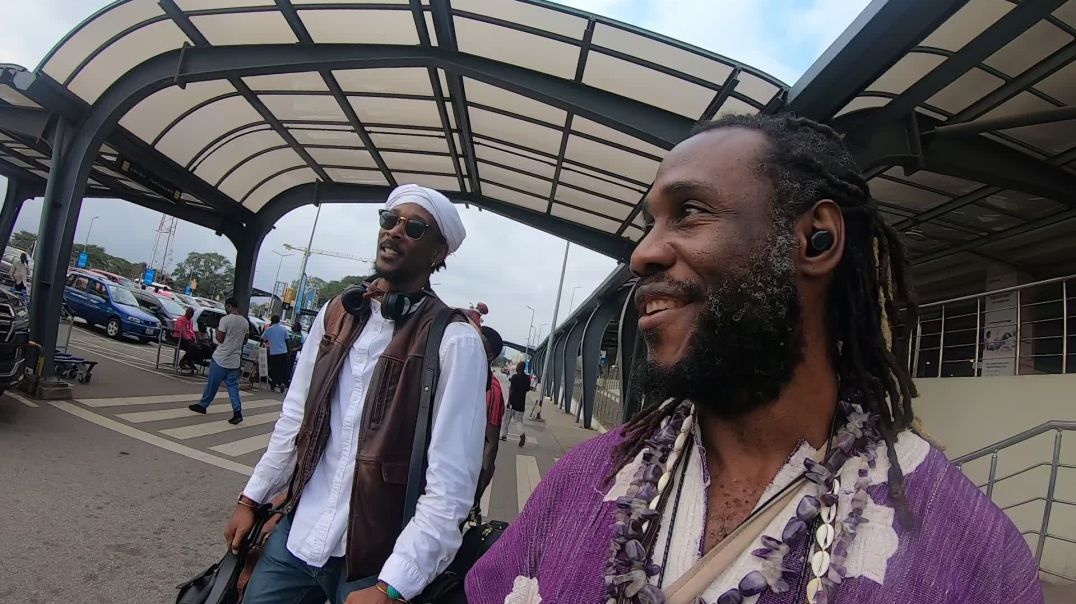
Subscribe for $9.99 and unlock all the videos.
- General Videos
- Music
- Economics
- Health
- Travel & Events
- History
- Psychology
- Spirituality
- Movies
- News & Politics
- Kmtyw Combat Sciences
- Ɔbenfo Ọbádélé Kambon Videos
- Ɔbenfoɔ Kamau Kambon: Black Liberation Philosophy
- Science, Tech, Engineering and Math
- Permaculture
- Self-Sustainability
- Living Off Grid
- Yoruba Language Learning
- Education
- Mmɔfra Adesua
- Nana Kamau Kambon Playlist
- Livestream
- Komplementarity Kouples and Revolutionary Singles
- Abibitumi Film Series
- Decade of Our Repatriation
- Live
Non-African Linguists Be Like "This is a new way to quote!"
Dr. Ọbádélé Kambon and Dr. Reginald Akuɔko Duah
LAG 2015 ||| KNUST College of Science
July 29, 2015 ||| 3:30PM
Non-African Linguists be like “This is a new way to quote!”
Abstract:
While conventional wisdom tells us that Asante Twi complementizer sɛ is derived from se 'say' (Amfo, 2010; E. Kweku Osam, 1994; E Kweku Osam, 1996), it is at least worth considering that understanding it as connected to homophone and homonym sɛ 'be like, resemble' would, indeed, be like the Black English way of quoting as noted by Lord (1993:151). The complementizer sɛ is typically glossed as ‘that.’ However, a corpus-based analysis of Asante Twi’s perhaps not-so-distant cousin, Black English, may point us to a more accurate alternative gloss, ‘(be) like’. It has been found that “‘be like’ is now so widely used it accounted for 20 percent of similar uses of the verb ‘be’ among a group of young AAE speakers in North Carolina” (Peterson, 2015). Asante Twi may help us understand the variable context in which aspectual/habitual be is found and also the varied context in which like is found, both of which linguists have found to be “notoriously difficult” to understand against the backdrop of European-descended varieties of English (Hofwegen & Farrington, 2015). We argue that Asante Twi sɛ is glossed as ‘that’, not from language-internal evidence, but because of recourse to glossing into “Standard English” rather than Black English which, in actuality, may be more reflective of what is going on in African languages and vice-versa. The connection between Black English be like and Asante Twi sɛ form may be a case of a common African (diasporan and continental) solution to a common linguistic problem.

![Terra D Governor - Black Power (Offical Music Video) "2020 Soca" [HD]](https://i.ytimg.com/vi/45JYRvVZofI/maxresdefault.jpg)


![[ENGLISH] Speech by Mr ONUORA ABUA ANTHONY / 9th Pan-African Congress- LOME 2025](https://i.ytimg.com/vi/ck65Is3_N2Y/maxresdefault.jpg)
















